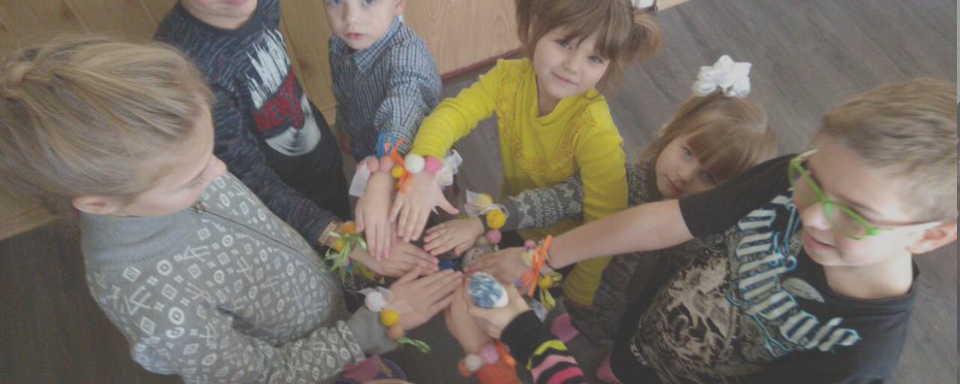The difficult circumstances children are facing in local orphanages in post-Soviet Ukraine
Since becoming an independent state in 1991, Ukraine has experienced difficult times of instability and economic turmoil. Millions of people are still living in poverty across the country. In Ukraine, the majority of children that are considered as orphans, in fact, are “social orphans” because their parent(s) are still alive, but are unable to properly care for the child due to unemployment or poor living conditions. State orphanages are typically geographically isolated, and children living there are often cut off from their families and communities. Life in these institutions leaves orphans later often unprepared to manage simple tasks of life — or to make good choices about relationships, who to trust, or how to spend their time. Tragically, it is estimated that 20% of orphans end up having criminal records, 14% get involved in prostitution, and 10% commit suicide later in life. Those who make it have to overcome many challenges, including the prejudices many people hold against them.
We are changing that by supporting 'Hope', an orphanage based in Kyiv region
Our project is running in cooperation with the Ukrainian charity foundation BLAGOMAY, which has been taking care of vulnerable families and orphaned or abandoned kids for over 10 years. The orphanage we support is located in a small village called Mokrets and has become the home for almost 30 children. The goal of this project is to assist the government and BLAGOMAY in providing the home's children with the best preparation and environment for future success while allowing them at the same time to experience the love, attention, hope, happiness and simple moments of joy that they should grow up with. We are in particular supporting the general wellbeing, additional education and spare time activities of the home's children.
